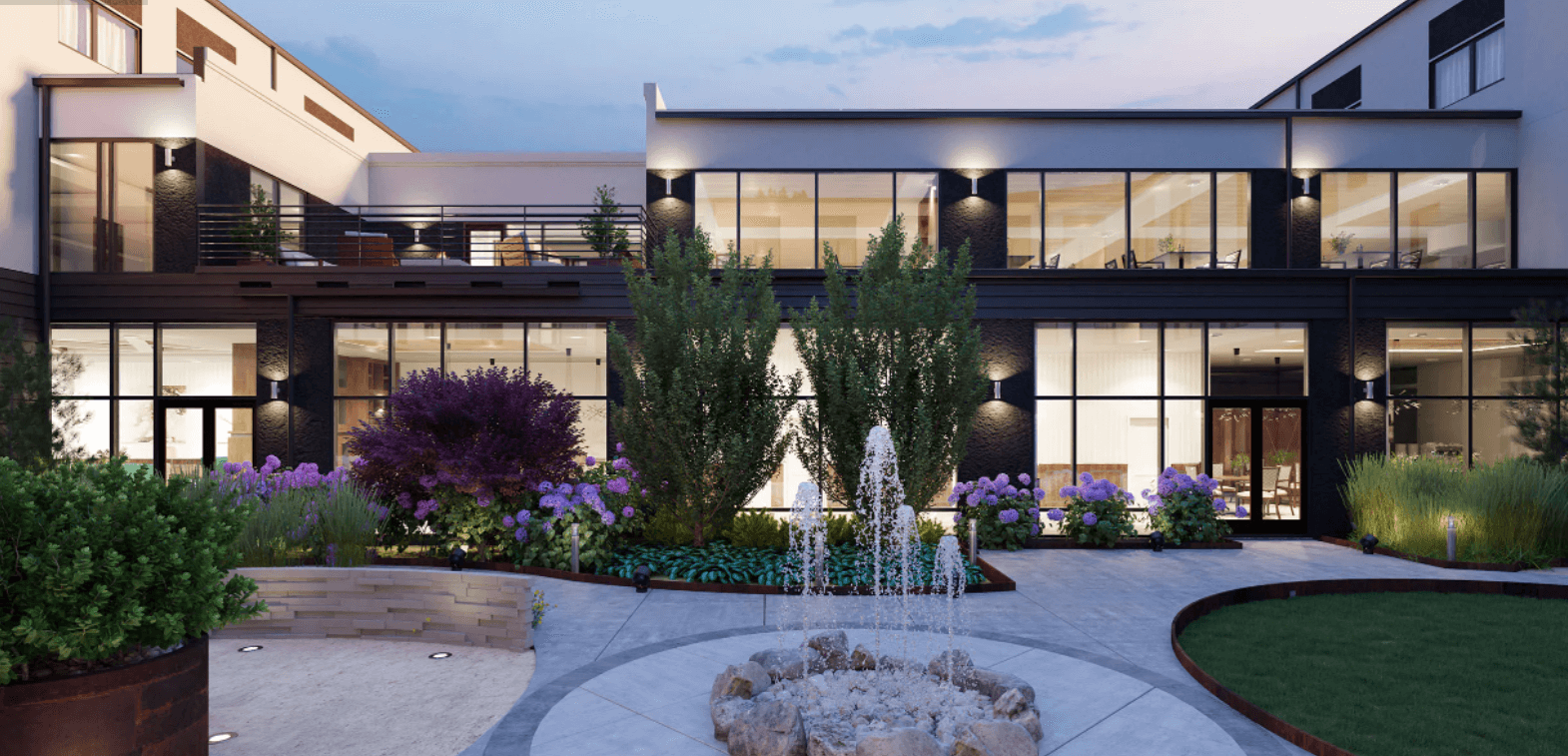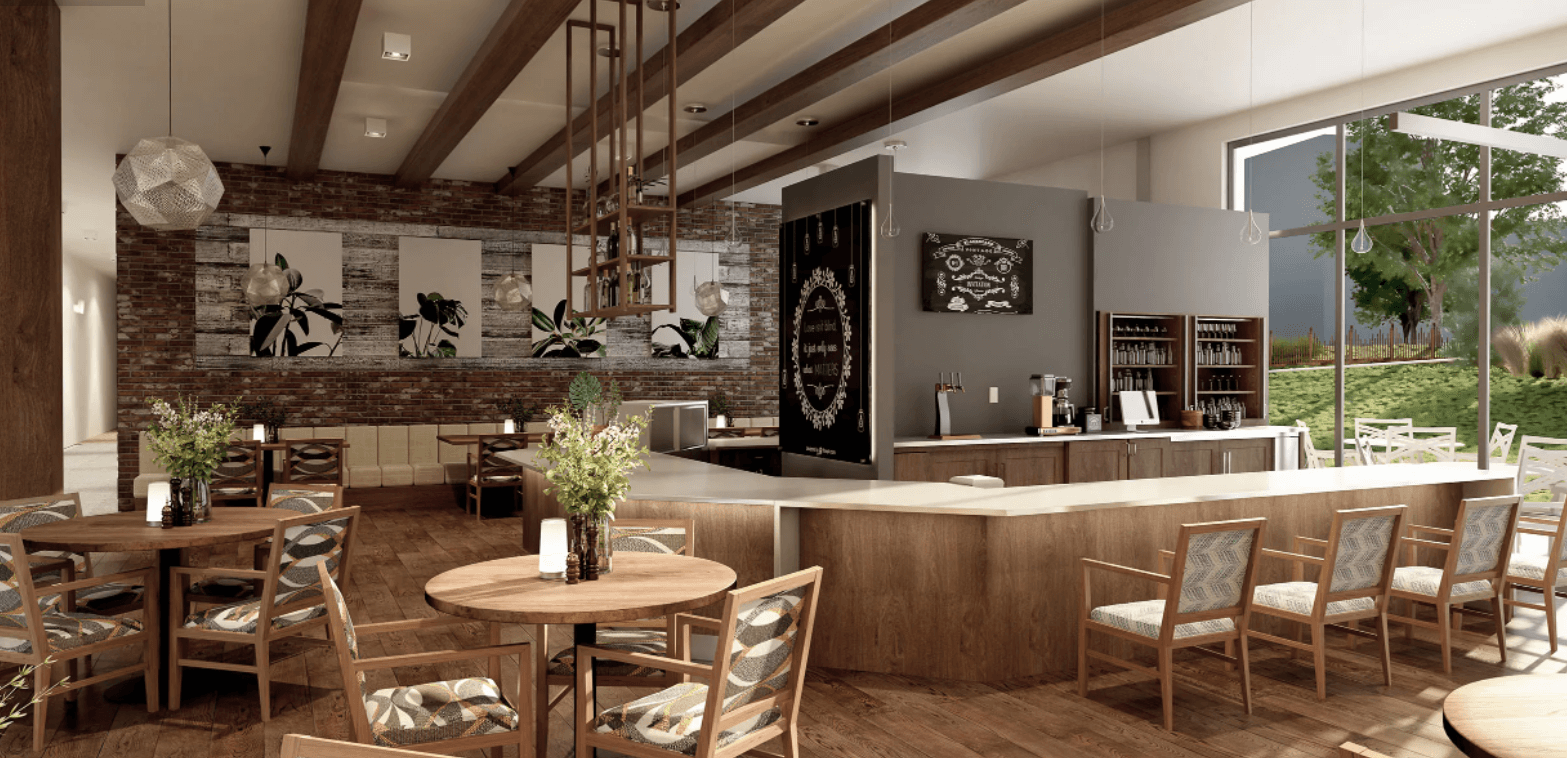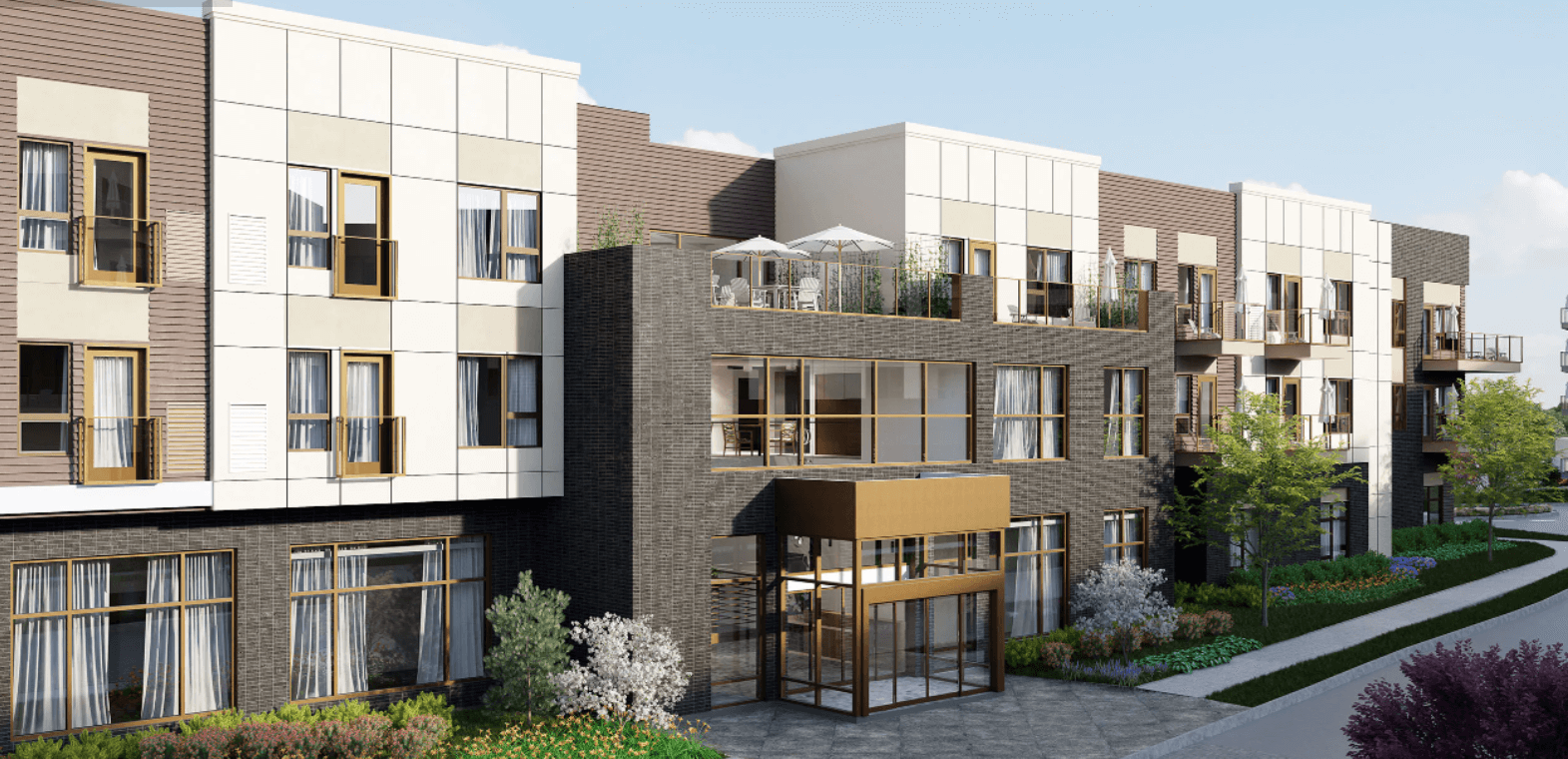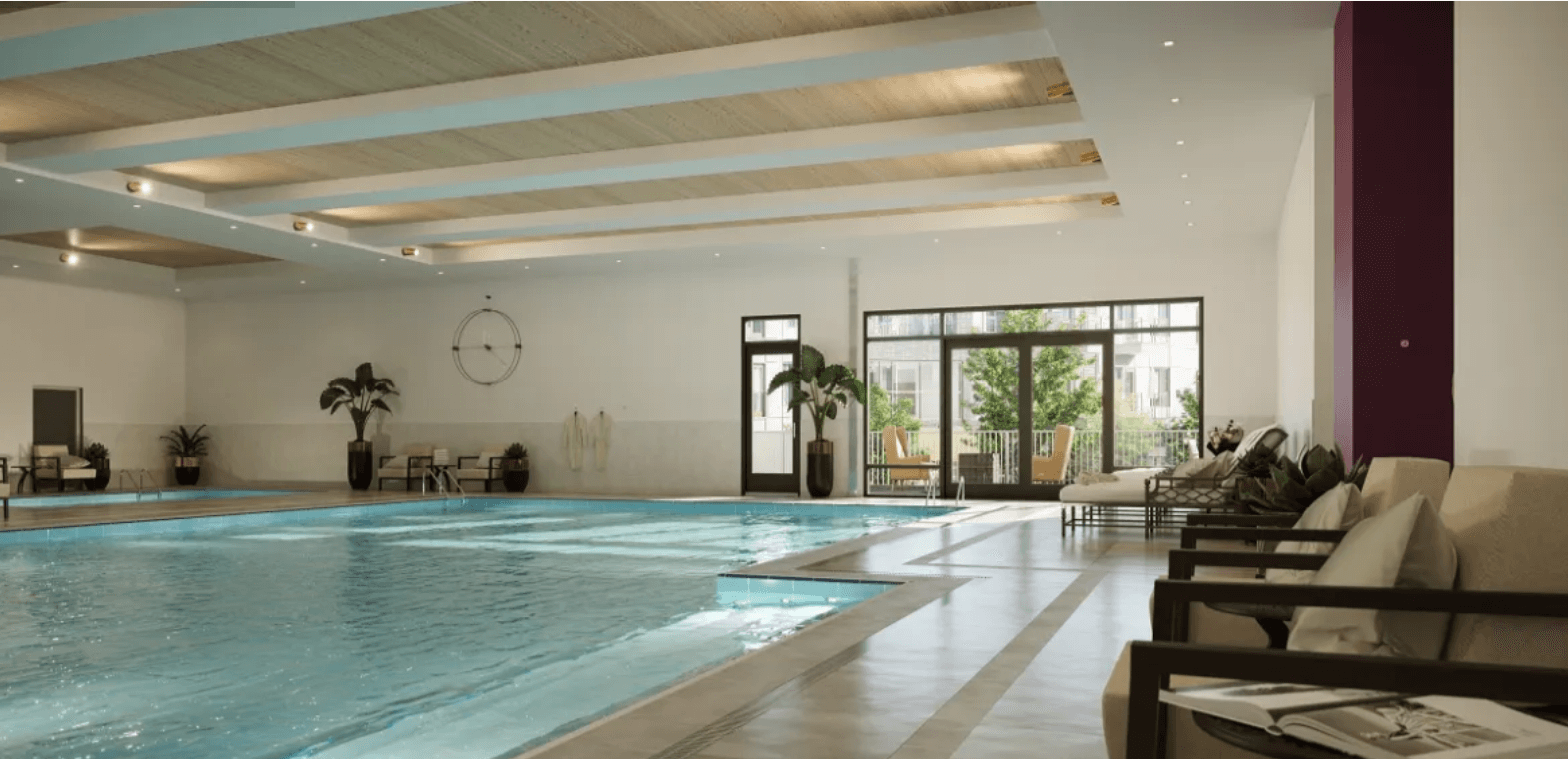When planning for retirement, many older adults begin rethinking their living arrangements. They know they want a smaller home with fewer commitments and more controlled expenses. But there is one question they struggle to answer: Is it better for retirees to rent or own?
The answer is not straightforward. In fact, both renting and owning have their advantages and disadvantages. Fortunately, a careful examination of your options can lead you to the housing choice that is best for you. To help with your decision, here is a closer look at the pros and cons of renting and owning in retirement.
Key Takeaways
- Both renting and owning have upsides and downsides. Evaluating these factors can help
you determine the best situation for your unique wants, needs, and goals. - Regardless of whether you decide to rent or own, you will still need to determine a
housing budget for your retirement. - While many people assume that homeownership is better, there are more unexpected
costs associated with owning a home than with renting. These costs include market
value fluctuations, maintenance, and renovations. - As with all things in life, there are tradeoffs. Understanding these tradeoffs when
deciding to either rent or own in retirement can guide you to an informed decision.
The Benefits of Renting
One of the best parts of retirement is freedom. Many older adults have spent their entire lives working, raising families, and attending to the many responsibilities of life. The retirement years can be refreshingly unencumbered, which is one of the reasons renting appeals to many older adults.
In addition to requiring less upfront cash, renting also supports more flexibility. With no mortgage to worry about, you will have more time to focus on family, friends, hobbies, and interests. You will also have more cash to invest elsewhere or deal with month-to-month expenses.
Further, apartment and home rental costs tend to be fairly stable. Renters don’t have to stress the threat of unexpected repairs. They also don’t have to deal with the headache and hassle of home maintenance. These responsibilities are managed by your property management.
The Pros of Renting
- Renting in retirement can be advantageous for older adults who prioritize flexibility.
- Your property manager must manage home maintenance. As such, you
will not have to budget for unexpected repairs. - Without the responsibilities of homeownership, retirees have more time to pursue time
with family and friends and new interests and hobbies. - Buying a home is a very large investment. However, as a renter, you will have more
liquid assets to invest elsewhere. You will also have more cash to deal with
emergencies, should they arise.
The Cons of Renting
- Renting feels less secure than homeownership and some people enjoy the feeling of
owning their own home. - Renting doesn’t build up equity, making homeownership seem like a missed investment
opportunity. However, this may not be a concern for all retirees. - Though month-to-month rental fees are fairly consistent, this expense may increase with
each annual lease renewal.
The Benefits of Homeownership
Many young people aspire to own a home because it affords a sense of pride and security. Plus, homes can be valuable assets. As you pay down the mortgage, the home’s equity increases. However, it’s important to know that this isn’t always the case, especially given the ongoing volatility of the real estate market — a concern for some nearing retirement age.
Speaking of financials, a fixed-rate mortgage often means you can expect to pay the same amount per month for years to come. Comparatively, rental prices may increase at every annual lease renewal.
Owning a home means that you can make needed changes and renovations as you see fit. This added responsibility of home maintenance may not always match the stress-free lifestyle some retirees want.
The Pros of Homeownership
- Since homes often gain equity, they are seen as a valuable investment.
- A fixed-rate mortgage affords stable monthly payments.
- Owning a home allows you to make modifications as you see fit
The Cons of Homeownership
- Though homeowners can anticipate their monthly mortgage, they cannot anticipate unforeseen expenses like repairs or maintenance.
- Investing in a home means you will have less liquid capital to invest elsewhere or to deal with unexpected expenses.
- Homeownership does afford a sense of security; however, with that security comes a lack of flexibility. Should you eventually need the daily support provided in an assisted living community, for instance, it would be quite stressful to deal with selling your home
last minute.
Why Retire at Ovation Heartwood Preserve
Located in West Omaha, Nebraska, Ovation Heartwood Preserve is for older adults who are truly looking to embrace everything that retirement has to offer. Ovation’s hospitality model offers high-end luxury apartment homes featuring elegant finishings and upscale amenities not found in conventional senior apartments. Residents also benefit from 100 percent maintenance-free living with 24/7 security. This promises a secure, carefree lifestyle and unprecedented peace of mind for residents.
Bringing together an independent living, assisted living, and memory care all on one campus. Ovation also ensures seamless transitions for residents if and when a need arises. Support includes regular housekeeping, help maintaining daily medications, and assistance with hygiene tasks like bathing, dressing, and grooming. Our dedicated team of caregivers is available around-the-clock to provide care.
In sum, downsizing doesn’t have to mean compromising. In fact, it can mean quite the opposite. With a smaller house, fewer commitments, and more controlled expenses, you are likely to find yourself with more time and money for the things you love. This is exactly what Ovation Heartwood Preserve strives for, and it’s exactly what makes our community an excellent fit for many retirees contemplating the next chapter. You deserve a standing Ovation! Learn more by contacting us today!




